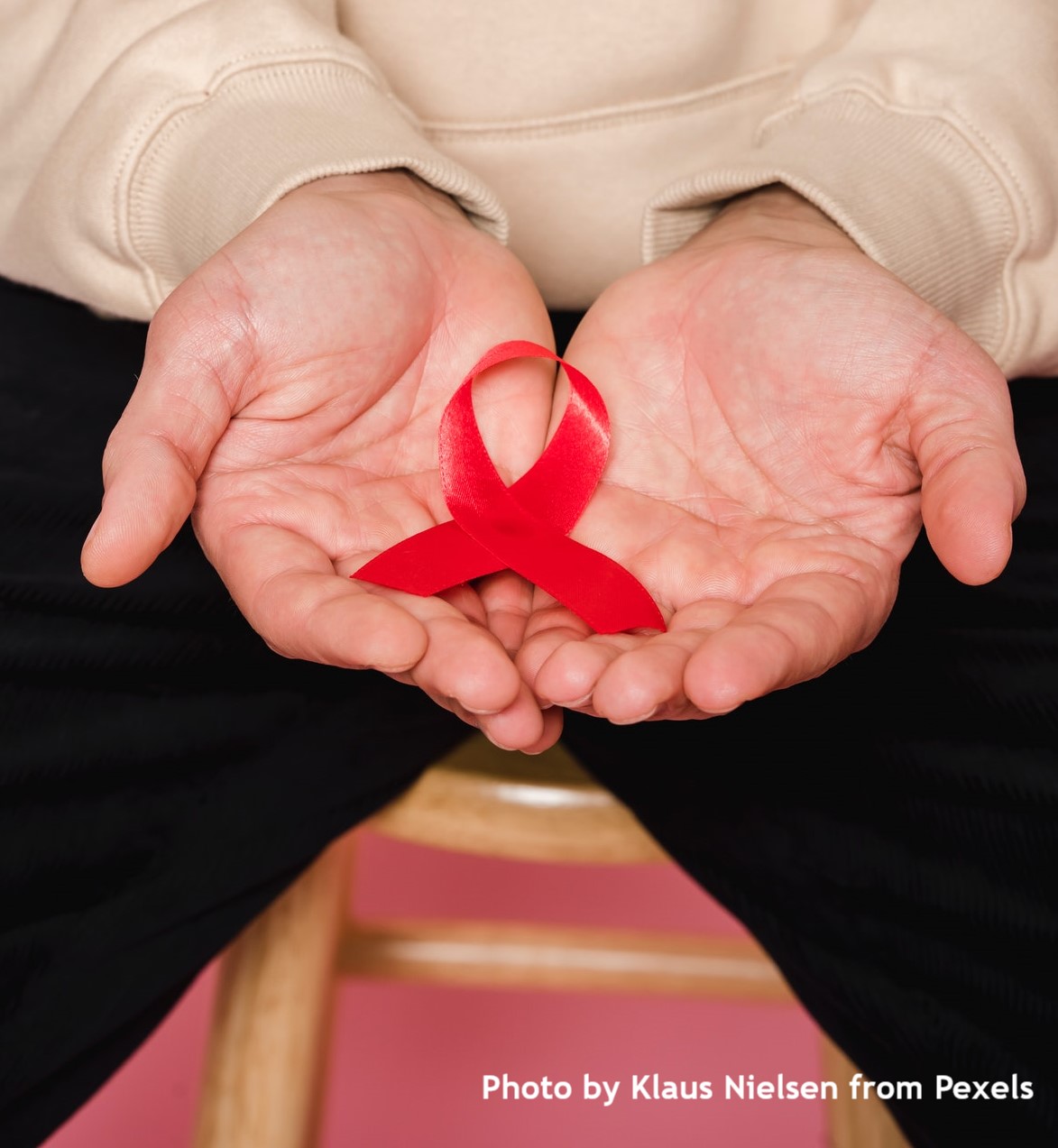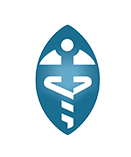 Parallels between World AIDS Day and COVID-19
Parallels between World AIDS Day and COVID-19
By The Rev. Dr. Ebony D. Only
Today is World AIDS Day, the first ever global health day! Annually December 1 is an opportunity for humanity worldwide to unite in the fight against HIV, to show support for people living with HIV and to commemorate those who have died from AIDS-related illness.
For decades, HIV/AIDS was the health and human crisis that stood at the ground zero of marginalized people in a way that made it impossible for us not to see health disparities, political disempowerment, economic inequality, and the social and physical displacement of persons because of their sexual orientation or gender identity. This year, we marked a significant milestone in the AIDS epidemic: 40 years since the first case of AIDS was identified. Since that time more than 36 million people, including 700,000 in the United States have died from AIDS-related illness globally since the start of the pandemic.
In these 40 years, we have made remarkable progress in preventing and treating HIV domestically and globally. Our sisters and brothers can not only survive but often thrive after being diagnosed. What however is most concerning to care providers, including spiritual care providers in the wake of the coronavirus (COVID-19) pandemic, is the tragic reality that people are dying alone, and family members are struggling with how to grieve their loss.
The highly contagious nature of COVID-19 has meant that family and friends could not visit loved ones in hospitals or assisted living facilities. It has also meant that many of us could not practice the traditions of keeping watch, holding the hand of our loved ones as they transitioned and whatever are our sacred rituals of burying our dead. COVID-19 has brought back for many of us a dark time during the early 1980s when our community members grappling with HIV and AIDS were left to face the reality of death alone. It has also meant that survivors and those not yet affected did not have the opportunity to say goodbye in ways that may be most meaningful to them.
World AIDS Day is important because it reminds us that HIV has not gone away and there is still a vital need to increase awareness, remove stigmas, fight prejudices, and improve education. These two pandemics in many ways unmistakably exposed the inequities in availability and access to healthcare and both pandemics remind us of the importance of radically loving on our brothers and sisters while we can. In honor of World AIDS Day, I hope that you will join me in some radical love. I hope that you will wear a red ribbon to show solidarity with the millions of people living with HIV worldwide; get tested to prevent the spread of the disease and advocate through policy and action access to quality healthcare to every single person in the country, from cradle to grave.
As healers and caregivers, it is our duty to acknowledge, in the words of Bishop Anderson, “where institutions of humanity are falling short”, and to be the agents of transformation and change that promote equity and wholeness. We have been called for such a time as this and my prayer is that you will join me in this work.




Leave A Comment